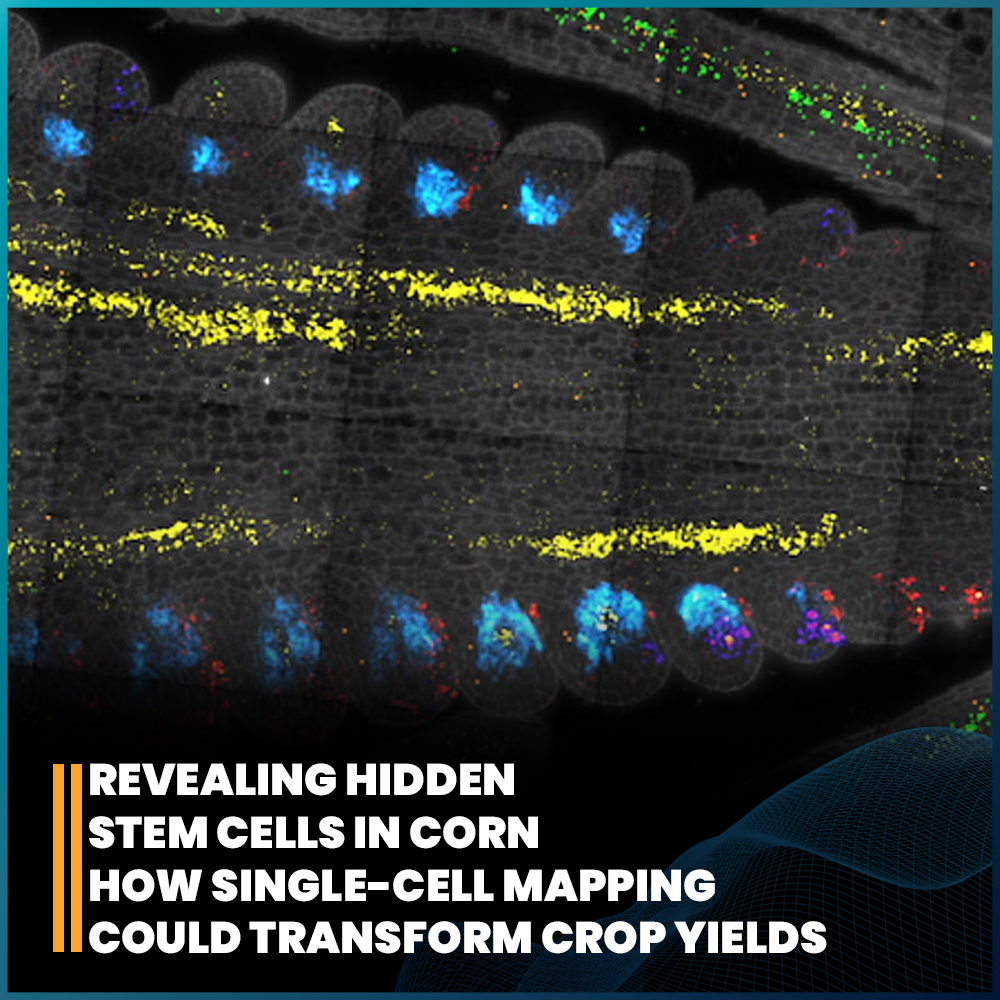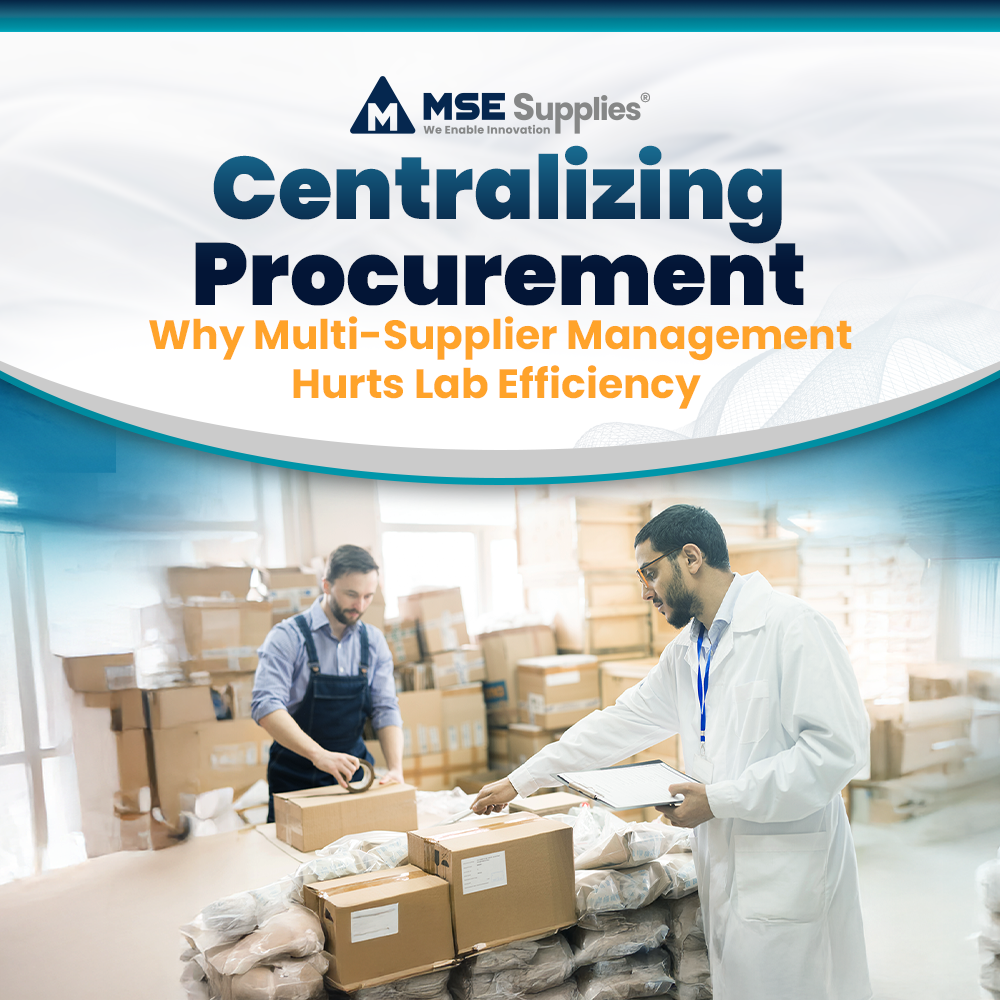Advanced Microscopy: Introducing the Profilometer
Posted by Marketing Team on

In our last blog, we discussed the different kinds of microscopes categorized under optical, electron and scanning probe microscopes. Each type offers unique capabilities and serves specific purposes in scientific research and industrial applications. In this article, we bring you the profilometer, which is an enhanced type of microscopy that shifts the functions of microscopes to another level.
What is a Profilometer?
A profilometer is a device used in determining the profile and/or surface finish of a surface. At a microscale, the roughness of the surface can be a set of waves of varying amplitude, length and height. These are, therefore, the general characteristics of a material’s surface and are defined by the differences that make it smooth/rough, matt/glossy, capable or incapable of sealing, or ideal for a worn surface. In sectors related to the manufacturing of mechanical parts, there are often blueprint surface roughness or surface finish limits that are to be met and a profilometer is used to ensure these limits have been met.
Types of Profilometers
Profilometers come in many shapes and sizes, but they can be divided into two basic types: contact and optical.
Contact Profilometers
Contact Profilometers, also known as tactile profilometers, make contact with the surface profile by gently rubbing a felt-tip stylus over the surface. The tip of the stylus is keyed through a line across the surface in a manner that is moved vertically up and down over the peaks and valleys. In this case, variations in the heights of the stylus are electrical and measured together with the position while in motion to obtain a profile. Tips used in stylus touch pens are mostly made from hard-wearing materials such as diamond or sapphire.
Advantages:
- Less Sensitive to Surface Contaminants: Not as affected by dirt, oil, or surface optical characteristics.
- Cost-Effective: Generally less expensive than optical profilometers.
Limitations:
- Potential for Surface Damage: Stylus tips can scratch soft materials.
- Wear and Tear: Stylus tips can wear over time, leading to inaccurate measurements.
Optical Profilometers
Optical profilometers use light to measure features on a surface, and their operation can be based on several different principles including optical interference, confocal aperture, focus detection or pattern projection. These instruments include a light source, lens and image detector, and they demand a surface upon which to reflect the used light.
Advantages:
- Non-Contact Measurement: Ideal for delicate or soft materials.
- High Speed and Precision: This can take millions of readings in seconds, making it practical to model a relatively large area’s surface topography.
Limitations:
- Surface Cleanliness: Requires surfaces to be free of debris and contaminants.
- Optical Reflectivity: Challenged by translucent or highly reflective surfaces.
Applications of Profilometers
-
Material Science
Profilometers are instruments used in techniques of material science to study the surface features of metal, ceramics, polymer and other physical materials. They allow researchers to objectively comprehend wear, corrosion, patterns, and surface treatments and advance new material types, and coatings. -
Semiconductor Industry
In the field of semiconductor manufacturing, profilometers are also used in determining the degree of flatness and roughness of the wafer. Sub-surface defects, even minor ones, can greatly affect the electrical and mechanical performance of the semiconductor devices; hence, surface metrology is essential. -
Engineering and Manufacturing
Engineers and manufacturers utilize profilometers to check the roughness or smoothness of the surface of the developed machined parts to ensure the standards have been met. Profilometers assist in establishing any variations from the ideal surface roughness, which affects the performance and durability of mechanical parts. -
Biomedical Research
In the biomedical field, profilometers are used to study the surface topography of biomaterials and medical devices. Understanding the surface properties of implants, for instance, can influence their integration with biological tissues and overall performance.
Introducing the MSE PRO™ 3D Optical Surface Profilometer
MSE PRO™ 3D Optical Surface Profilometer is an optical inspection equipment that is designed for inspecting sub-nanometer surface characteristics of different devices and materials. Using the principle of white light interferometry and possessing a high-accuracy Z-direction scanning module, it takes a non-contact measurement on the surface and forms a 3D figure. The accompanying software helps in transforming this image into 2D and 3D parameters about the quality of the surface.
Key Features:
- High Precision: Measures roughness, step height, angles, and other contour dimensions of micro-morphology with unparalleled accuracy.
- Advanced Capabilities: Includes automatic auto-focus, stripe finding, brightness adjustment, automatic splicing, and multi-region measurement.
- : Performs data processing on four modules—leveling, image retouching, denoising and filtering, and region extraction. Offers five analysis functions: roughness, geometric contour, structure, frequency, and function.
- User-Friendly Software: Provides one-click and multi-file analysis functions for ease of use.
- Superior Performance: Equipped with double anti-collision protection measures and a dual-channel air flotation vibration isolation system.
- Multiple Options: Available in different table sizes and scanning speeds to cater to your specific needs.

MSE Supplies has a wide array of microscopes available, with optical, confocal, and the latest, the profilometers. Thus, our products, MSE PRO, with leading brands such as Kern & Sohn and Curiosis, offer you premium quality and reliability in your research and industrial applications.
From examining samples at the cellular level to observing details on the top layer of materials even those in the nano-tech field, we have the ideal microscope for your needs. Contact us now to speak with our technical staff and learn more about our products as well as how we can help you with your scientific needs.
Share this post
- Tags: Brands - Curiosis, Brands - KERN, Brands - MSE PRO, Industry - Agriculture, Industry - Automotive & Aerospace, Industry - Chemistry, Industry - Life Sciences, Industry - Material Science, Industry - Medical, Industry - Semiconductor, Products - Life Science Products



